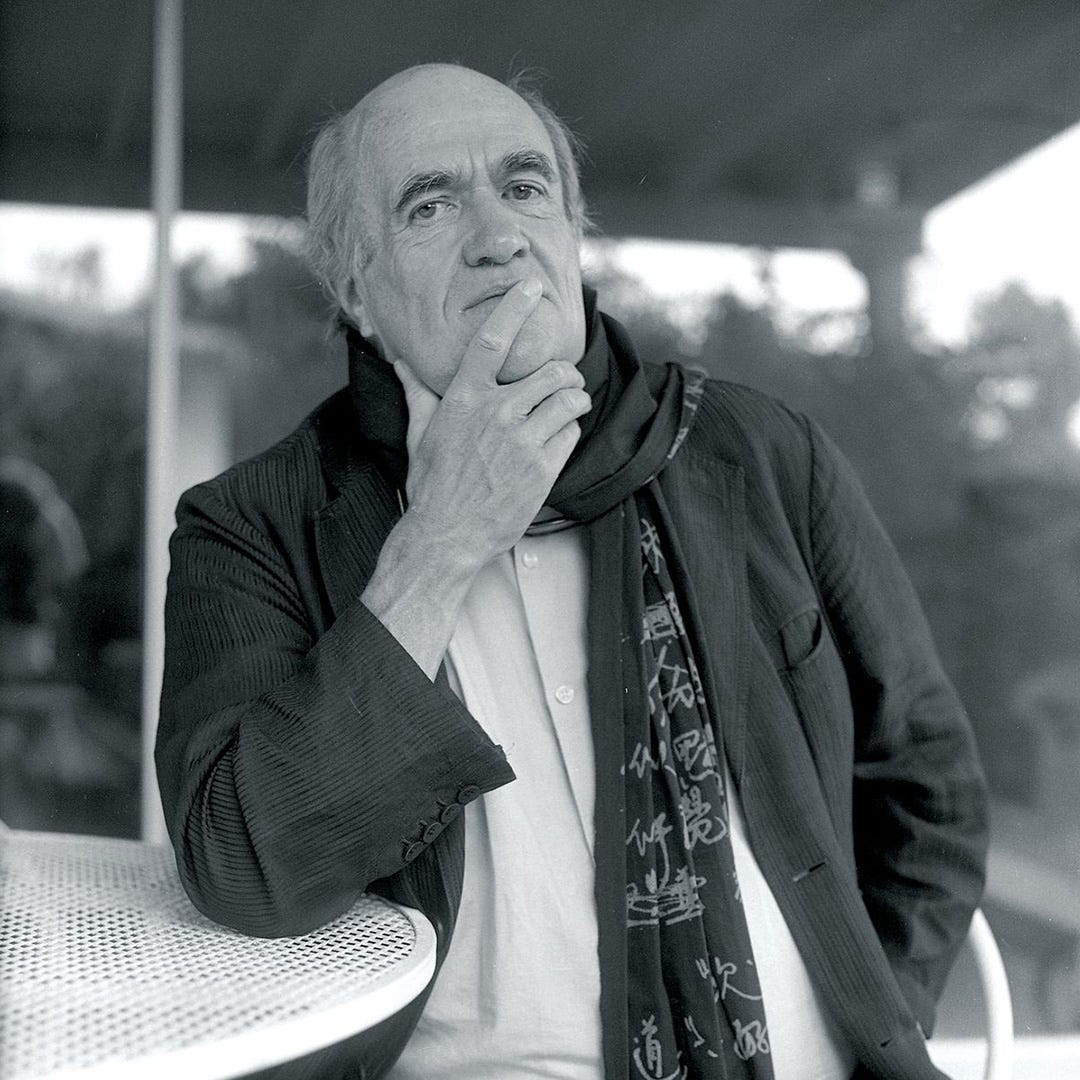My third novel, Small Rain, has just been published. Please pick up a copy at your local bookstore, or you can find links to online retailers here. Links for UK readers are here.
This is a free newsletter. If you’re able, please consider supporting my work by becoming a paid subscriber.
Tour is almost over, but there are a couple of chances lef…



